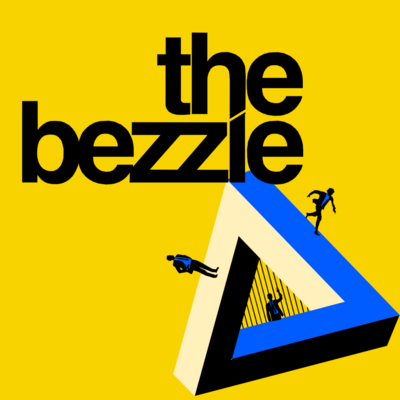We’re living in the #enshittocene, in which the forces of enshittification are turning everything from our cars to our streaming services to our dishwashers into thoroughly enshittifified piles of shit. Call it the Great Enshittening:
https://pluralistic.net/2023/11/09/lead-me-not-into-temptation/#chamberlain
–
If you’d like an essay-formatted version of this thread to read or share, here’s a link to it on pluralistic.net, my surveillance-free, ad-free, tracker-free blog:
https://pluralistic.net/2024/01/13/solidarity-forever/#tech-unions
1/


I call this “#twiddling” - turning the knobs to continuously adjust the business logic that the firm operates on:
https://pluralistic.net/2023/02/19/twiddler/
Twiddling is everywhere, and it is only possible because “it’s not a crime if we use an app” has been accepted by (captured) regulators. Think of Amazon’s #PricingParadox, where deceptive search results - which Amazon makes $38b/year on - allow the company to offer lower prices, but charge higher ones:
https://pluralistic.net/2023/11/06/attention-rents/#consumer-welfare-queens
23/
The first constraint on enshittification is competition - the fear that you’ll lose money when a disgusted customer take their business elsewhere. The second constraint is regulation - the fear that a regulator’s punishment will eat up all the expected gains from an enshittificatory move, or even exceed those gains, leading to a net loss.
24/
But the less competition there is in a sector, the easier it is for the remaining companies to capture their regulators. Say goodbye to that second constraint.
But there’s another constraint - another one that’s unique to technology, and genuinely exceptional. That’s #SelfHelp. Digital technology is infinitely flexible, which is why managers can twiddle the business logic and change the rules on a dime.
25/
But it’s a double-edged sword. Users can twiddle back. The universal nature of digital products means it’s always technically possible to disenshittify the enshittified products in your world. Mercedes wants to charge you rent on your accelerator pedal via a monthly subscription? Just mod the car by toggling the “subscription paid” bit and get the accelerator for free:
https://pluralistic.net/2023/07/24/rent-to-pwn/#kitt-is-a-demon
26/
HP tricks you into installing a “security update” that sneakily disables your printer’s ability to recognize and use third-party ink? Just roll back the operating system and you won’t be forced to spend $10,000/gallon to print out your boarding passes and shopping lists:
https://www.eff.org/deeplinks/2020/11/ink-stained-wretches-battle-soul-digital-freedom-taking-place-inside-your-printer
Self-help - AKA #AdversarialInteroperability - isn’t just a way to override the greedy choices of corporate sadists. It’s a way to hold those sadists in check. It’s a constraint.
27/
Imagine a boardroom where someone says, “I calculate that if we make our ads 25% more invasive and obnoxious, we can eke out 2% more in ad-revenue.” If you think of a business as a transhuman colony organism that exists to maximize shareholder value, this is a no-brainer.
28/
But now consider the rejoinder: “If we make our ads 25% more obnoxious, then 50% of our users will be motivated to type, ‘how do I block ads?’ into a search engine. When that happens, we don’t merely lose out on the expected 2% of additional revenue - our income from those users falls to zero, forever.”
29/
Self-help is the third constraint on enshittification. But when competition fails, and regulatory capture ensues, companies don’t just gain the ability to flout the law - they get to wield the law, too.
30/
Tech firms have cultivated a thicket of laws, rules and regulations that make self-help measures very illegal. This thicket is better known as “IP,” a term that is best understood as meaning “any policy that lets me control the conduct of my competitors, my customers and my critics”:
https://locusmag.com/2020/09/cory-doctorow-ip/
31/